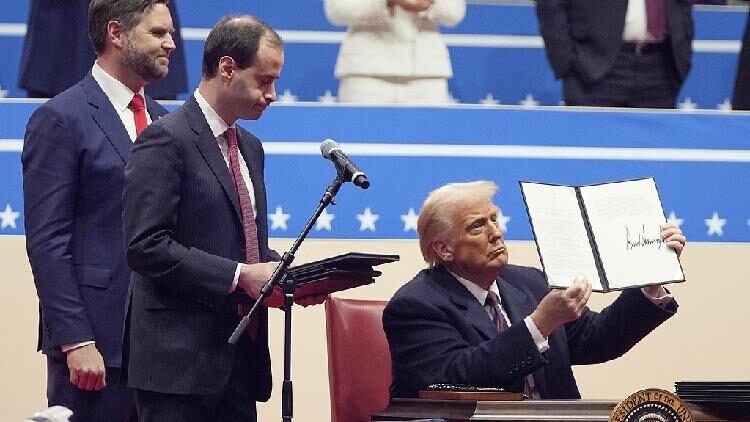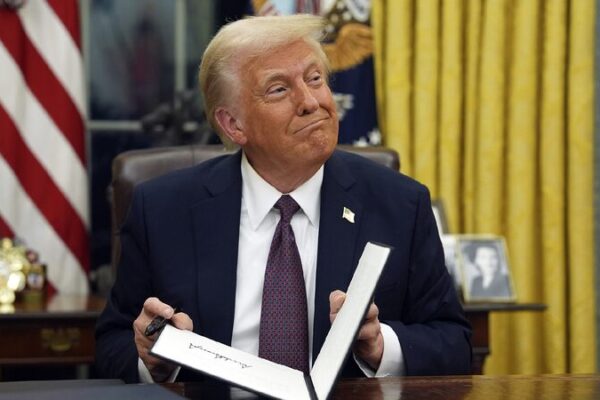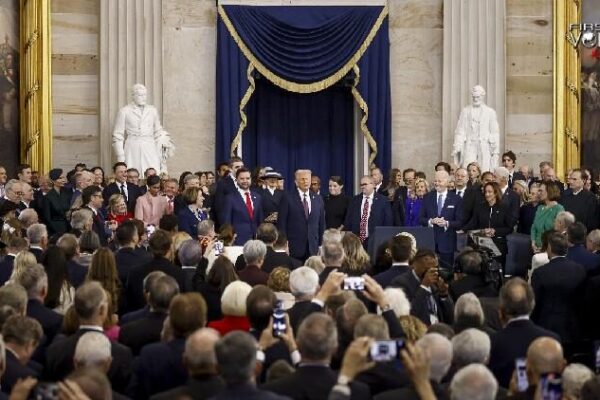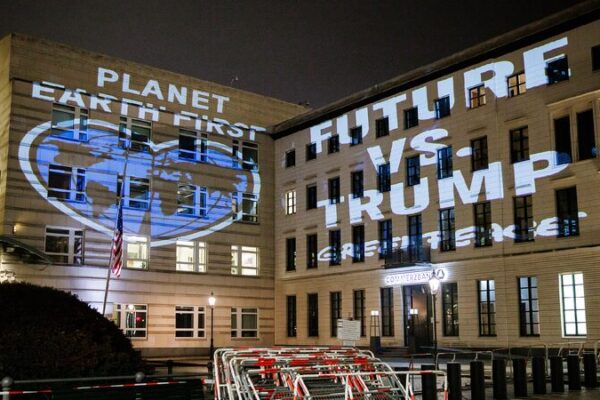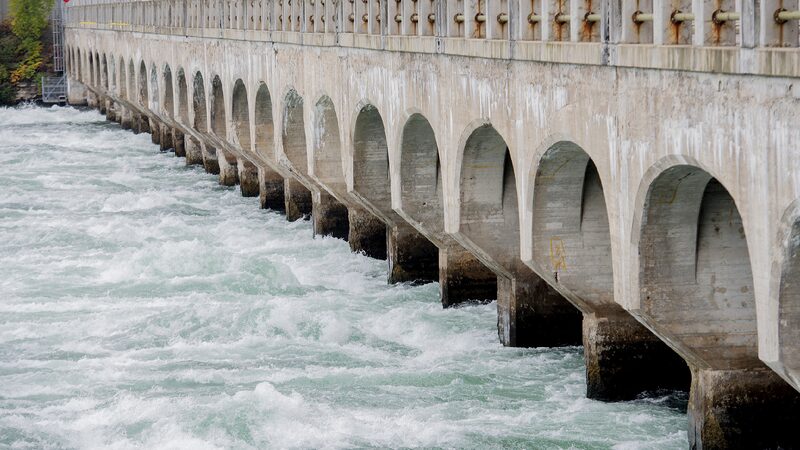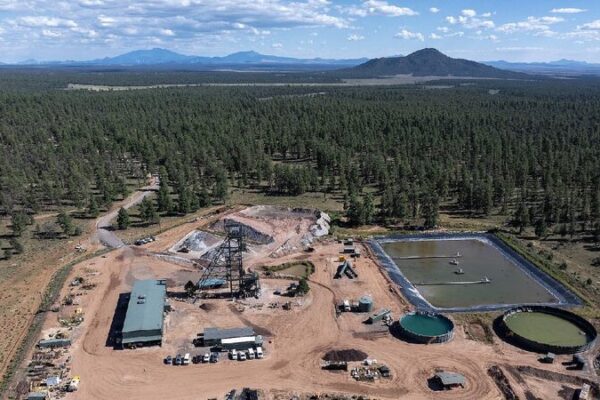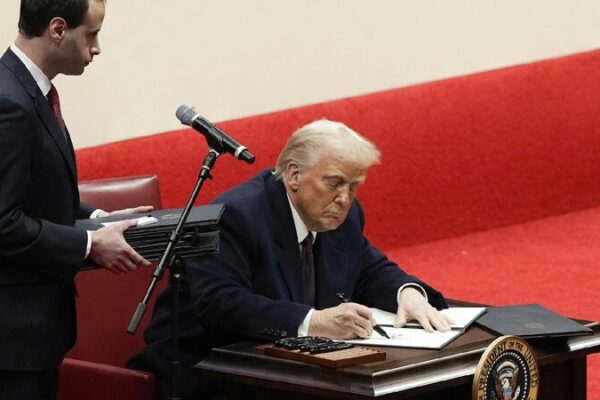With Donald Trump inaugurated as the 47th President of the United States on January 20, a new chapter in US climate policy has begun. In his inaugural address, President Trump expressed his intention to terminate the Green New Deal and withdraw from the Paris Agreement once again. This shift comes at a time when geopolitical tensions are high and extreme weather events are becoming more frequent, presenting significant challenges to global green development and climate governance.
Trump’s First Term: A Setback for Global Green Efforts
During his first term from 2017 to 2021, President Trump reversed many of the pro-climate policies of the previous administration. By withdrawing from the Paris Agreement and promoting fossil fuel industries, the US departure disrupted global momentum toward sustainable development and weakened international trust and collaboration.
Domestically, key climate initiatives like the Clean Power Plan were dismantled, and federal funding for climate research was significantly reduced. This led to a slowdown in renewable energy adoption and an increase in greenhouse gas emissions, with the US falling short of its emission reduction targets.
Global Leadership Steps Up
Despite these setbacks, other major economies intensified their climate efforts. The European Union advanced its Green Deal, aiming for carbon neutrality by 2050, while the United Kingdom launched its plan for a Green Industrial Revolution. The island of Taiwan also implemented policies to promote renewable energy and reduce emissions.
The Chinese mainland emerged as a key player, announcing goals to peak carbon emissions by 2030 and achieve carbon neutrality by 2060. Under its comprehensive policy framework, China integrated sector-specific strategies to demonstrate commitment to sustainable growth.
Challenges and Opportunities in the Trump 2.0 Era
The return of President Trump poses fresh hurdles for global climate governance. Strengthening international frameworks like the United Nations Framework Convention on Climate Change (UNFCCC) is critical. Major economies must uphold their commitments and support developing nations through financial and technological assistance.
Creating a broader, more inclusive global green fund is essential. Climate finance is vital for vulnerable nations, and transparent mechanisms are needed to ensure effective allocation. Public-private partnerships can unlock additional resources for innovation and capacity-building worldwide.
Moving Forward: Embracing Collaboration
The Trump 2.0 era underscores the importance of international collaboration in achieving a green and inclusive future. By accelerating green technology innovation and sharing knowledge, the global community can overcome challenges. Initiatives that promote equitable technology transfer can bridge gaps and foster sustainable development.
In the face of adversity, embracing innovation, strengthening multilateral frameworks, and promoting equity in climate action will be pivotal in transforming challenges into opportunities for a more sustainable and resilient world.
Reference(s):
Breaking the deadlock: Global green recovery in Trump 2.0 era
cgtn.com
